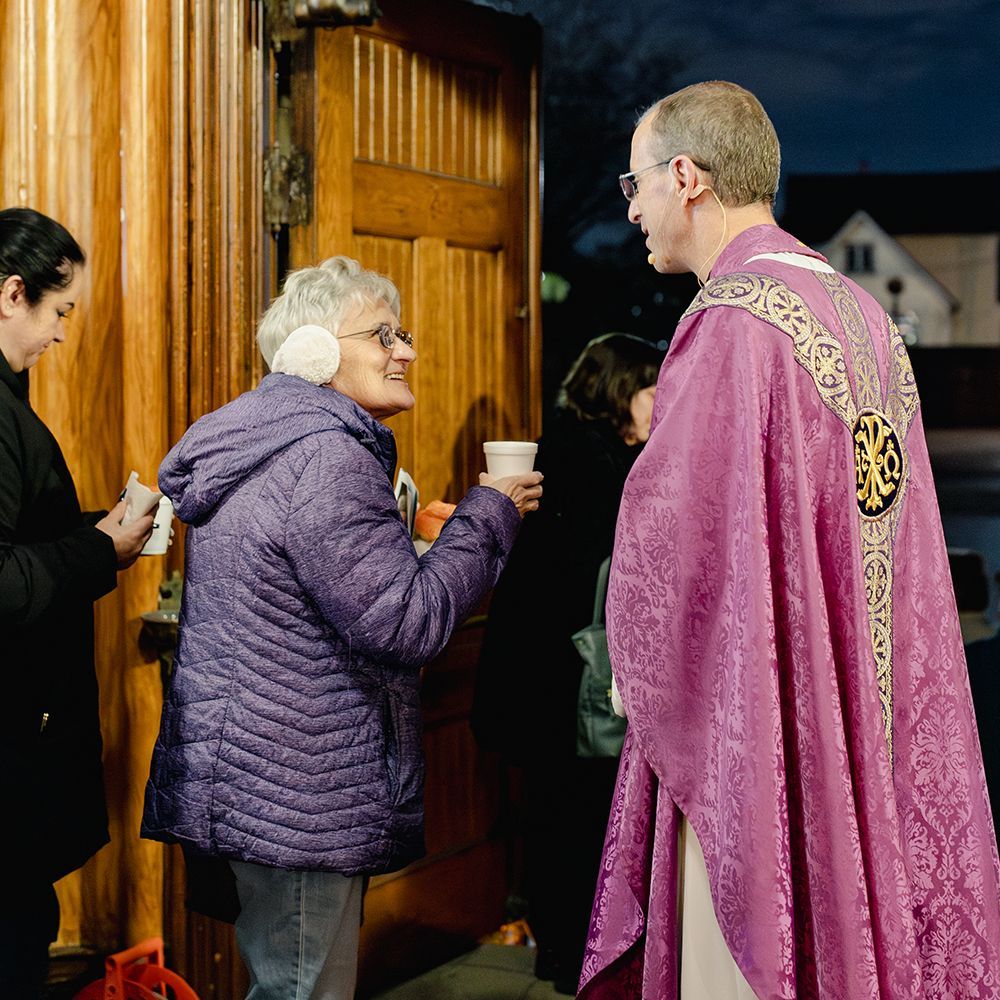My Peace I Give to You

When John has a vision of heavenly Jerusalem, he sees walls.
“A massive, high wall,” to be more precise. In the modern lexicon, walls have a negative connotation; we use them as metaphors for all that is exclusionary and rigid. But throughout much of history, walls have meant something very different. In the ancient world, walls meant safety.
Walls meant peace.
“My peace I leave with you; my peace I give to you,” Jesus tells his disciples in today’s Gospel. “Not as the world gives do I give it to you.”
So what’s the difference between the peace we know in the world, and the peace we know in Christ?
Well, I would argue that the difference is that the peace we know in Christ exists. We know no real peace in this world. Sometimes, we witness a sort of mirage of peace — something like it, but just a little off, and always on the horizon, never within reach.
Peace, to me, means rest. It means quiet. It means the absence of confrontation, of conflict, of anxiety. But I can’t actually experience any of that in this life, not in a substantial way. I can rest — but I never really feel rested. I can retreat to a room by myself to have silence, but someone always knocks on the door, and even if they don’t, my thoughts get pretty loud.
And boy oh boy, are those thoughts full of confrontation. Full of anxiety, full of conflict. Wherever I go to find peace, the world finds me and banishes it.
I think of the walls of heavenly Jerusalem, so high and so sturdy, guarded so scrupulously by God’s strongest angels. These walls are not barriers. They are shields. They are arms, encircling us, gathering us in.
In Christ alone can we find peace in this world.
©LPi




